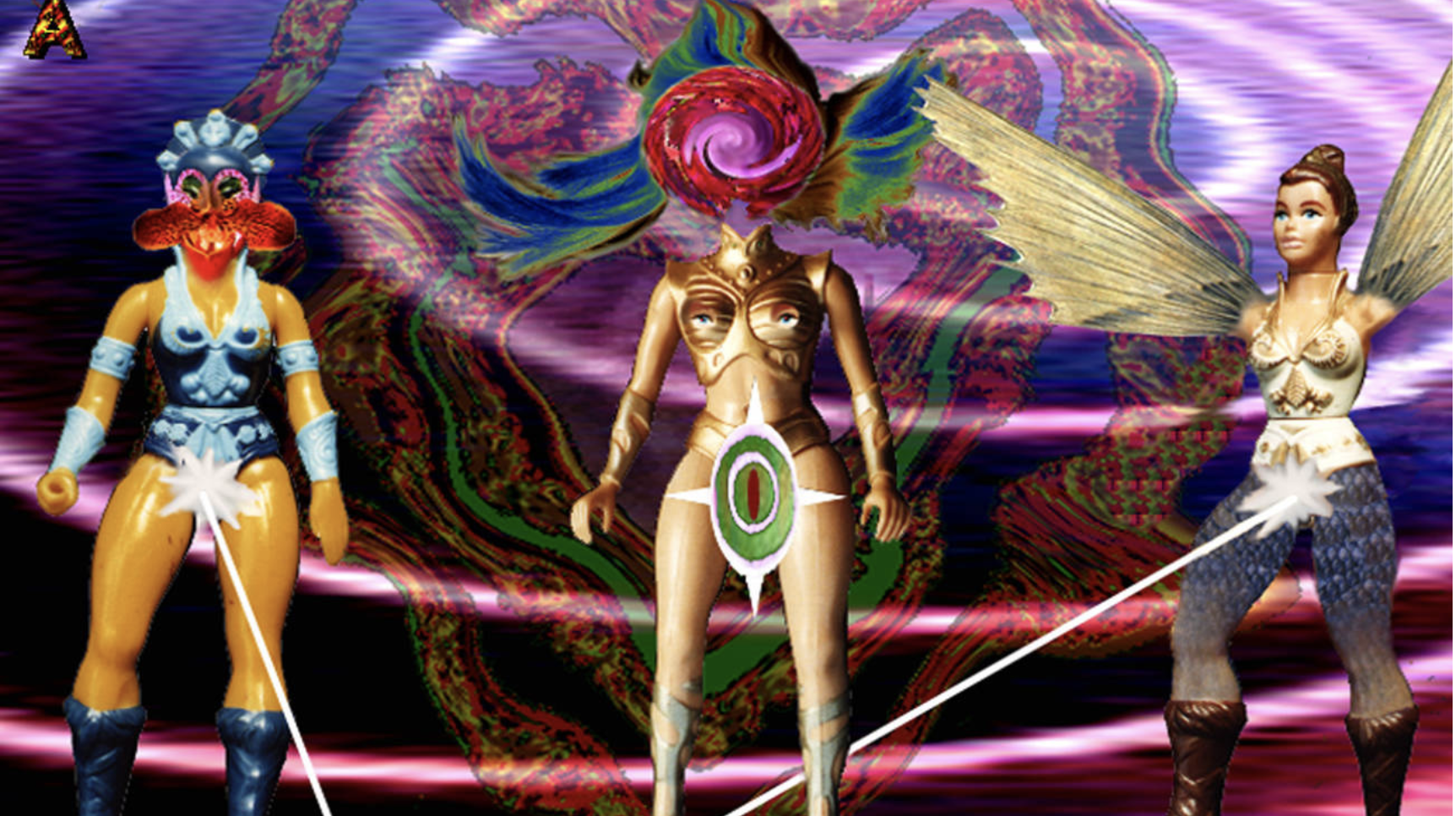
The Revolution of Digital Languages or When Cyber Turns intoSound of Poetry
—A Symposium on Post-Cyber-Feminisms
curated by Heike Munder and Dorothee Richter
Heike Munder, Julianne Pierce (VNS Matrix), Dorothee Richter, Isabel de Sena, Cornelia Sollfrank, Yvonne Volkart, Joanna Walsh u.a.
At the beginning of the 1960s, the new technologies seemed to offer promising visions for the future, not only did the machine seem to extend the body, but large networks could also evolve. Digital technology reacted to human inputs, whether in closed circuit installations or as visual worlds and machines to be activated by movement. As a new artistic genre, digital media also offered a platform for explicitly feminist concepts, to project new subjectivities beyond gender categories and to subvert patriarchy. The play with complex gender concepts, the construction of new physicalities and the reinterpretation of social roles, the possibility of making the private public and the public quasi-private, all this was developed from a feminist perspective.
Donna Harraway emphasized positive aspects of digital, electronic devices, she published, “A Cyborg Manifesto” in 1985. In her writing the concept of the cyborg is a rejection of rigid boundaries, notably those separating of “human” from “animal” and “human” from “machine.” “The cyborg does not dream of community on the model of the organic family, this time without the oedipal project. The cyborg would not recognize the Garden of Eden; it is not made of mud and cannot dream of returning to dust.”[1]
Of course, this also represented a counter-project to the masculine image of the media artist, whose attributions of creativity were soon coupled with an engineer’s fantasies of omnipotence.
At the same time, it became clear, when we follow Rosi Braidotti, that through technologically accelerated capitalism and the resulting devastation of the environment, the risk of extinction of humans became thinkable. This caused a repositioning of the human as an endangered category that had to confront the problems of the financial system, the environmental crisis, the terrorism crises, all of this evoked a proliferation of a constant state of anxiety. Digital media, new infrastructures, hidden regulations, enforced structural violence has to be regarded as “a prodigious biological event”, as Marshal Mc Luhan onces stated.[2]
The “anthropocene” / accelerated cognitive capitalism changed all paradigms of human existence, Braidotti denotes this as necro political governmentality, causing a devastation of the environment and positioning life as informational code that is to be capitalised, posthuman intelligence could potentially overpower mankind, and digital media is used as war fare and hyper control mechanism. Feminist positions did critique, question, re-read and ridicule these notions of accelerated capitalism.
Especially in times when “capitalocene” produces as structural violence new forms of toxic masculinity we must rethink and reorganize feminist movements and revisited our notions of Cyberfeminism, Xenofeminism, Technofeminsm, … as an attempt to recompose a solidarity of communial human beings. As Cornelia Sollfrank argues, the opportunities of deterroalization and immaterialization, could be used to develop overlapping, interlocking and transversal positions, which are no longer content to act only with signs and information in virtual space, but to connect various spaces and qualities in which nothing less than life itself is at stake.[iii]
[1] See Wikipedia, https://en.wikipedia.org/wiki/A_Cyborg_Manifesto, accessed Nov 2018.
[2] To repeat Mc Luhan’s vision: “The tendency of electric media is to create a kind of organic interdependence among all the institutions of society, emphasizing de Chardin’s view that the discovery of electromagnetism is to be regarded as “a prodigious biological event”.” Indeed, it has a biological dimension in what way the production of everyday life and the production of subjectivity has changed.
[iii] Cornelia Sollfrank, Einführung in Die schönen Kriegerinnen, Technofeminismus im 21. Jahrhundert, transversal, Wien, Linz) 2018, p.17